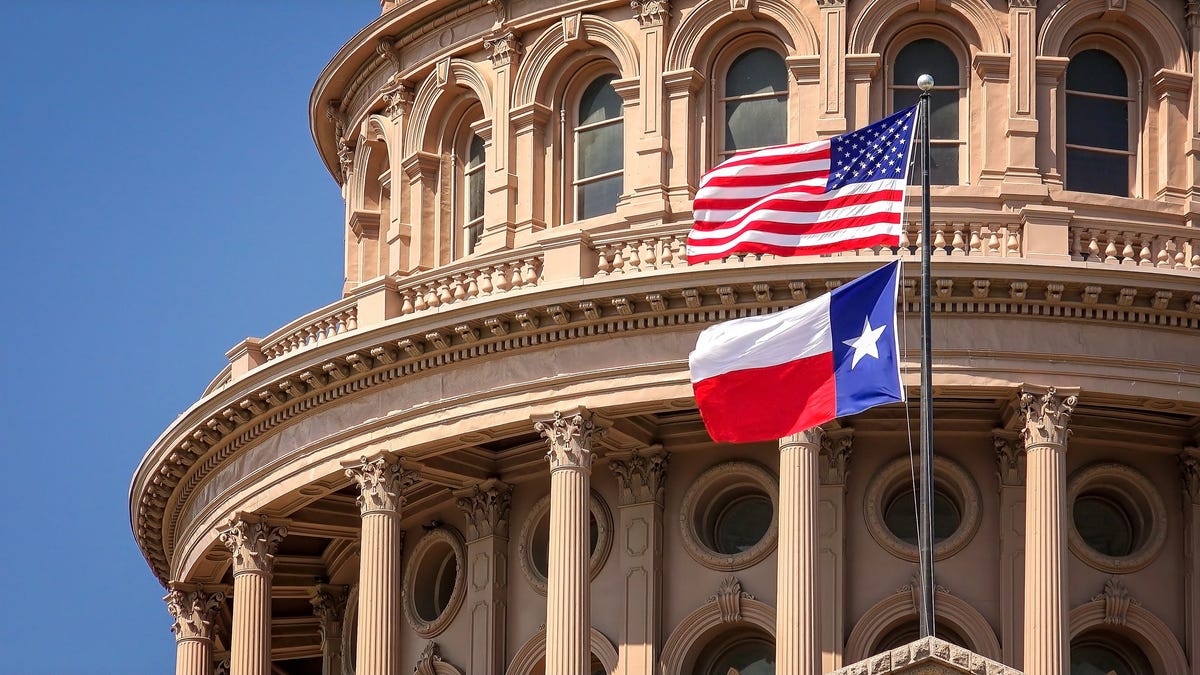No… there’s one legal monopoly “Transmission and Distribution Utility” that handles the actual local wiring and distribution- in my case it’s Oncor.
There are also Retail Electric Providers- Reliant, TXU, Gexa, Cirro, and Green Mountain are some of the more prominent ones. They’re who you pay for your power, and they pass a charge on from your TDU for that local transmission and distribution service, which is a mix of a flat fee plus a per-kWh fee.
So your bill will consist of a retail amount per kWh, and a second section for the TDU, as well as a myriad of weird little taxes and fees from regulatory agencies.
You get to choose your own Retail Electric Provider- they market themselves a zillion ways- some tout their green energy usage (Green Mountain, Gexa), others unusual billing structures (free nights & weekends (Reliant, Gexa), and others more strange stuff like fixed monthly amounts (Cirro).
If you’re savvy, you can get good deals, but if you’re lazy, stupid, ignorant or some combination of the three, you’re going to get nailed. For example, Cirro’s “Simply Flat” plan quotes me a flat monthly fee that’s slightly more than this last June’s bill. And it was a HOT June. So I’d save a bit in July and August, but get overcharged for the other 10 months of the year on their plan. But it’s “simple” and doesn’t change, which I guess is attractive to people, even if they’re being absurdly overcharged by it.
Other plans let you do stuff like be billed a 12 month rolling average- you get overcharged less, but your bills are less dramatically variable (here in Texas, the difference between August and January can be 3x or more).
There are services that you can subscribe to that will periodically reassess your power plan and move you to new ones when it’s economically feasible, including breaking contracts, etc…

